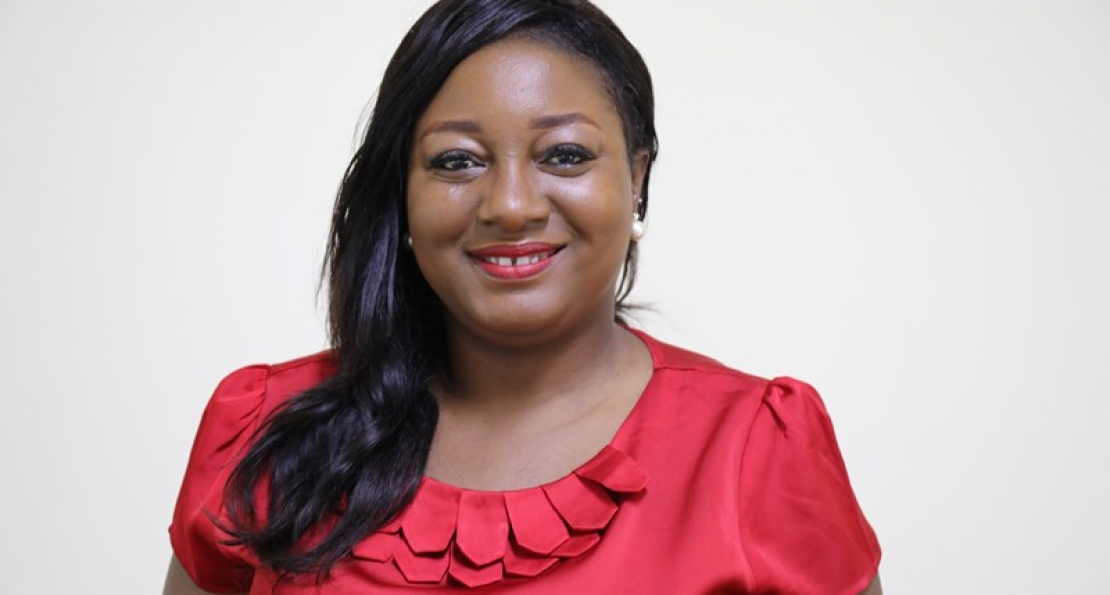Law Professor Jennifer Mike believes national policies to end discrimination have not kept pace with the urgency and gravity it deserves. Legally, she said, the Government of Nigeria is making bold but slow strides in enacting laws that will address issues of discrimination across the board.
"In 2019, President Buhari signed into law Discrimination Against Persons with Disabilities Prohibition Act. However, there is no specific legislation governing age discrimination. In the same vein, the Convention on the Elimination of all Forms of Discrimination Against Women (CEDAW) is yet to be domesticated in Nigeria.
"This portends that progress is slow in addressing the issue of discrimination across all vulnerable groups. Moreover, practical measures should be in place to ensure the application of the principle of non-discrimination. Currently, however, this is hard to identify in Nigeria".
Assistant Professor Jennifer Mike who received her Ph.D. from the University of Exeter in the United Kingdom and whose scholarly research and publications focus on human rights law, patent law and the right to good health especially with regard to women, is concerned that despite policy initiatives, little effort is made to move from policy to practice in ending discrimination, adding that it is common to find discriminatory practices in the workplace, and in the appointment to key positions of leadership, while nepotism and gender-based discriminations have persisted.
Describing discrimination as a practice that confers an undue advantage on a certain class, or that denies privileges to a certain class/ group or individuals because of race, age, sex, nationality, ethnicity, religion, or handicap or confers differential treatment, Dr. Mike noted that aspects of discrimination are rooted in religious, ethnic and social class- based sentiments. This, she pointed out, is especially an issue where there is a failure to treat all persons equally when no reasonable distinction can be found between those favored and those not favored.
"Denying people opportunities on the basis of the groups to which they belong to or the possibility of developing their full potentials as individuals is a grave injustice and a negation of their human right to equality and dignity.
"A Zero Discrimination policy is therefore significant in controlling all forms of discriminatory acts- whether direct or indirect discriminations. It is also effective in harnessing divergent interest groups and individuals from all works of life as it ensures that everyone is given a due and equitable treatment".
Professor Mike who holds an LLB from the University of Jos, an LLM from the London Metropolitan University, and has taught criminal law, labor law and human rights law at universities in Nigeria and the UK, noted that a lack of diversity, perpetuated by discrimination, makes our society weaker.
"Diversity breeds creative thinking, democratic communities, and innovation. Diversity in higher education makes better citizens and results in a more vibrant and prosperous society that benefits everyone. Productive, meaningful zero discrimination policies can help contribute significantly to awareness of these important truths".
She argued that from a legal perspective, such (zero discrimination) policies serve as binding and authoritative guidance in influencing actions, policies, and programs in the workplace.
"Essentially, it is a reference point for deterring and controlling discriminatory acts. Policy signifies an intention that the organization strives to maintain a fair and equitable working environment and any breach of its objectives will not be tolerated.
"The organization will also be abiding by the objectives of Human Rights in recognizing the equal dignity and worth of every person as enshrined in the Constitution, Universal Declaration of Human Rights and other human rights instruments, and the Rules of the International Labor Organization".


